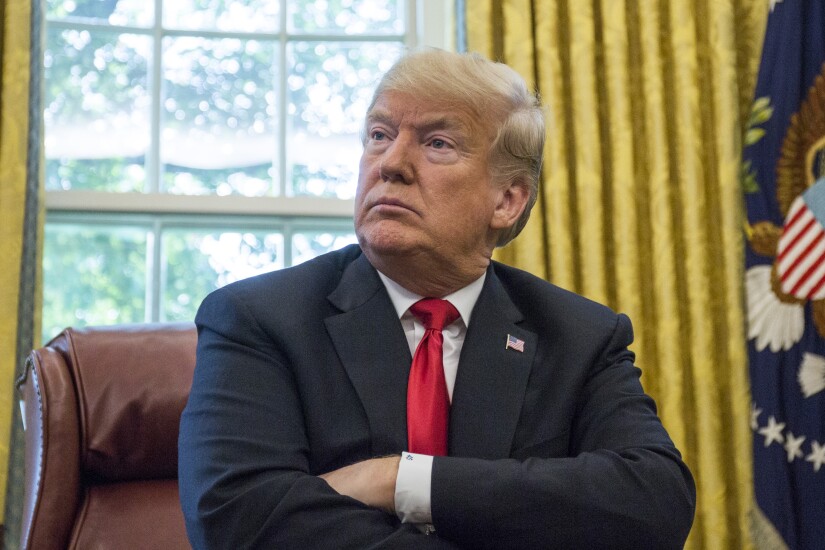According to most major indicators, the economy appears to be humming along, as unemployment has
hit a nearly 50-year low and
spending among consumers and government agencies remains strong.
But credit problems may be lurking beneath the surface.
After paying down debt after the financial crisis, consumers have since leveraged up, pushing household debt to an all-time high. Over the past decade, student loans have more than doubled to just over $1.4 trillion,
according to the most recent report on household debt from the Federal Reserve Bank of New York. Credit card debt, meanwhile, has increased 8% in the last year alone, the report said.
Over the past two weeks, bank executives have reassured investors that, while credit card charge-offs are edging upward, they are still manageable and low overall. At JPMorgan Chase, for instance, the net charge-off rate on its card portfolio was 2.91% as of Sep. 30, or 4 basis points higher than a year earlier.
“That’s something we’ve been tracking and guiding to and expecting,” said Chief Financial Officer Marianne Lake during JPMorgan’s Oct. 12 earnings call.
Other areas of consumer lending are showing more urgent reasons to worry. Discover Financial Services said Thursday that it expects charge-offs in its portfolio of personal loans — a business in which it has recently scaled back — to
rise by 60 basis points in the fourth quarter, and hover around 5% during 2019.
Unsecured personal loans, of course, have been a popular product for customers looking to refinance high-cost credit cards, and several big banks — HSBC, Citizens Financial and BBVA Compass, to name a few — have recently gotten into the market.
The challenge with those loans, however, is that after customers use them to clear off their credit cards, they start spending heavily on those cards once again. Their credit scores suffer as a result, drifting downward.
“It’s very tricky to underwrite, because you get one decision,” Discover CEO Roger Hochschild said in an
interview with American Banker. “It’s not like a card, where you have ongoing data and you monitor it. You decide who to give a line increase to and who you don’t.”














